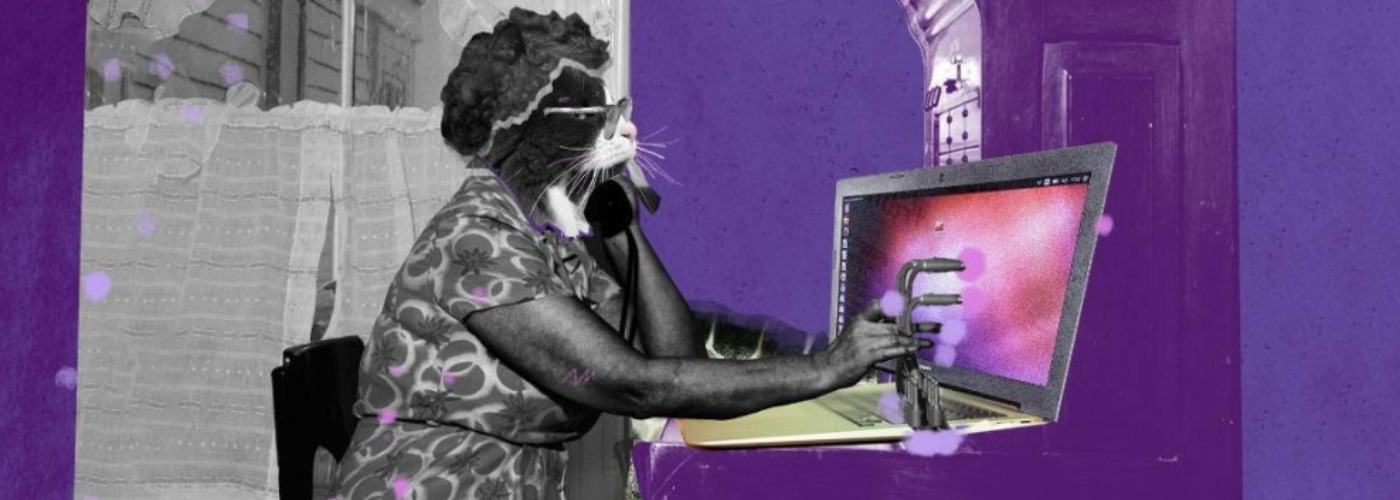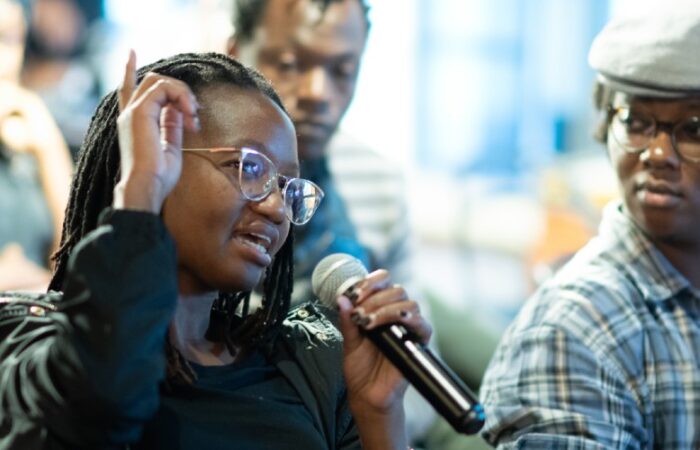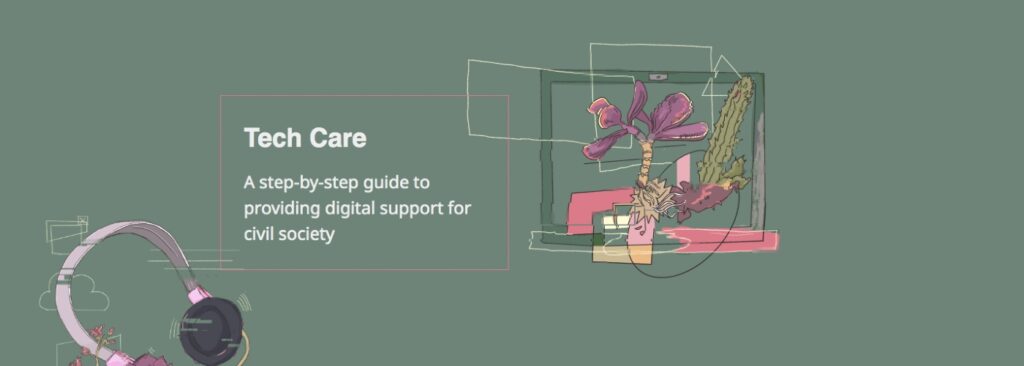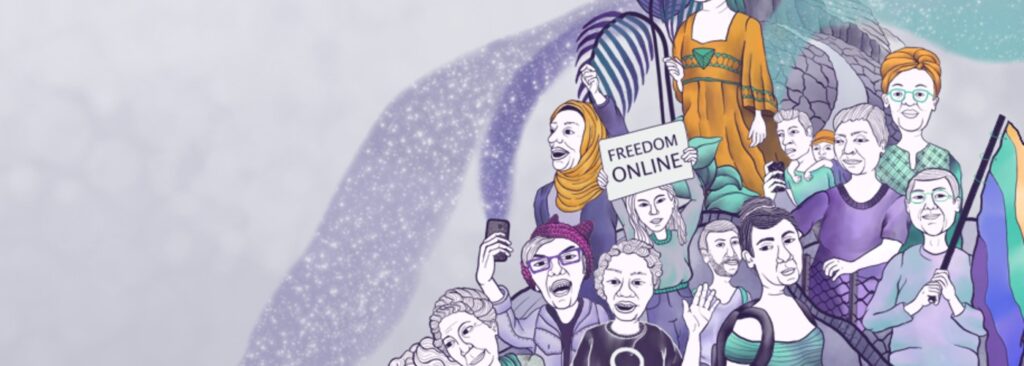Feminist helplines standing up to gender-based violence online
The digital world should be a place to amplify the voices of women, girls and LGBTIQ+ individuals, but it increasingly allows them to be targeted by new online forms of gender-based harassment and violence.
For example, a 2020 report on the online experiences of 14,000 girls and young women from 31 countries across the world found that 58% had experienced online harassment. And half said they faced more harassment online than in the street. Not only were individuals targeted online just for being young and female, but the abuse became much worse for women and girls who were politically outspoken, disabled, Black, or identified as LGBTIQ+.
In 2022, Hivos organized events for twelve pioneering projects to show how they tackled Gender-Based Violence Online (GBVO) through helplines. We additionally organized a series of online encounters called Feminist Helplines’ Community Conversations to share knowledge and best practices.
Community conversations 2022 cycle
What is true of suicide prevention helplines is also true of helplines for victims of gender-based violence online. Information, support, and solidarity from strangers can change and sometimes even save lives. But support from a distance depends on infrastructures and methods capable of linking those who seek support with those who can provide it.
The community conversations, hosted by Hivos’ Digital Defenders Partnership, focused on best practices for building networks of support and solidarity. For example, feminist accompaniment, collaboration with social media platforms, ways to document cases, and wellbeing strategies for the helpline teams.
Feminist accompaniment
The cycle started in March with a session on feminist accompaniment. As one participant put it, “Feminist accompaniment is about listening without judgement, defusing blame, and creating a safe space, both for the person facing the violence and the people accompanying.” Another added, “Gender-based violence online requires more than just technical measures to mitigate the attacks. We need to be sure the person facing the violence has psycho-social support.”
Social media platforms
May’s session explored the relationship needed between feminist helplines and commercial social media to deal with cases of gender-based violence online. Participants shared their ideas on building partnerships with tech companies.
One participant pointed out the challenges she faced. “As feminist helplines, we are partnering with commercial social media platforms to address gender-based violence online. But this comes with a lot of bureaucracy and effort from our side just to be presented with some random techno solutionist approaches.”
Another shared what she got out of the session: “We now realize that we need to organize to put pressure on social media platforms. We know for certain that they are not devoting enough attention or budget to dealing with digital attacks that target women and LGBTIQ+ communities.”
-
Civic Rights in a Digital Age
How we create a public sphere where civic rights are protected and where inclusive debate flourishes.
Wellbeing of helpline workers
The Community Conversation in September, focused on wellbeing strategies for helpline case handlers. It looked at mental and physical health, digital security, infrastructure, protocols, and process assessment. Some helplines said they now make wellbeing an integral part of their operations.
Several participants explained why this is so important. One said, “The responsibility I feel when doing accompaniments can sometimes be overwhelming. As a feminist helpline, it is critical to discuss our own well-being strategies.” Another mentioned, “The most difficult part of accompanying people who have faced violence is how to set limits on my involvement. Sometimes it is just about instinct.” Some participants said they needed to prioritize their holistic self-care because they themselves had been on the receiving end of multiple forms of violence.
Love and responsibility
But overall, the helpline workers’ love of what they do and their high sense of responsibility was most on display. “What I love about being part of a feminist helpline is the sorority. I am doing this on a voluntary basis, and every time, I am impressed by how many colleagues make time to accompany people facing gender-based violence online,” said one helpline worker. “As a helpline, we always remind ourselves to make the needs of the person we are accompanying central. If they want to stop, we have to stop, even if it is a hard thing to do,” added another.
Now in 2023, the Digital Defenders Partnership looks forward to facilitating capacity-building initiatives around forensics of devices, spyware identification, and proof of Gender-Based Violence Online for legal cases, and to helping organize a global meeting of feminist helplines.
Digital Defenders Partnership
DDP, managed by Hivos, is an emergency grant mechanism for digital activists under threat launched by the Freedom Online Coalition in 2012. It provides a holistic response to digital threats and creates resilient and sustainable networks of support to human rights defenders.
You can read a more detailed version of this story here.










